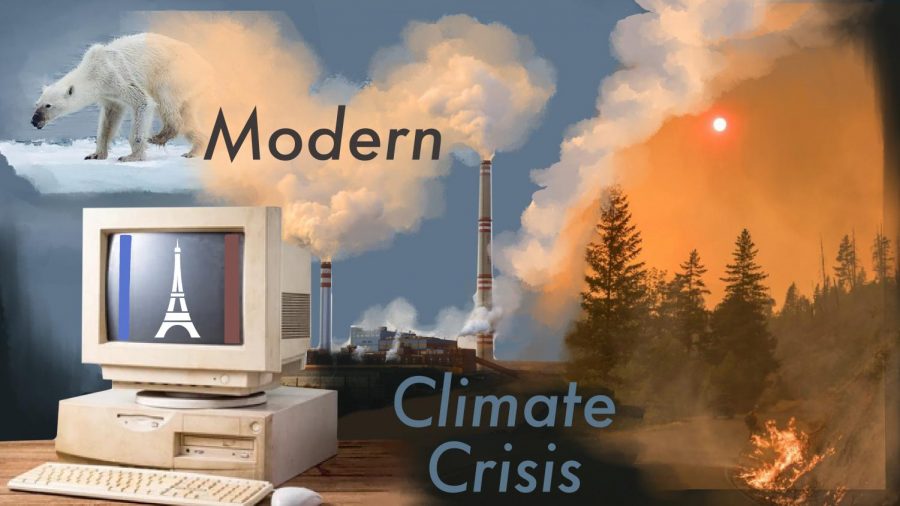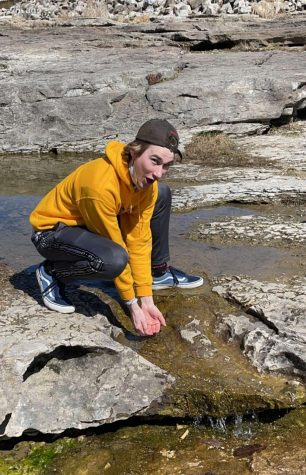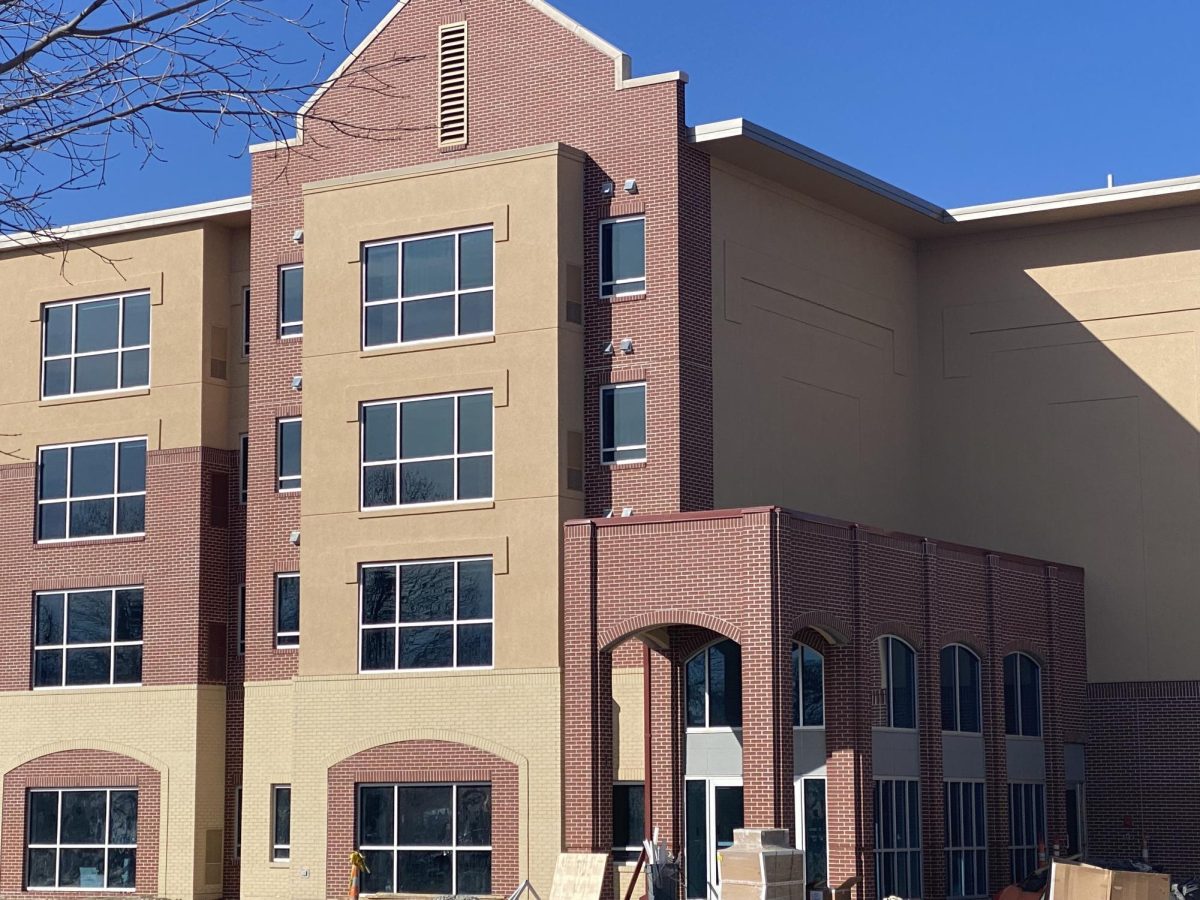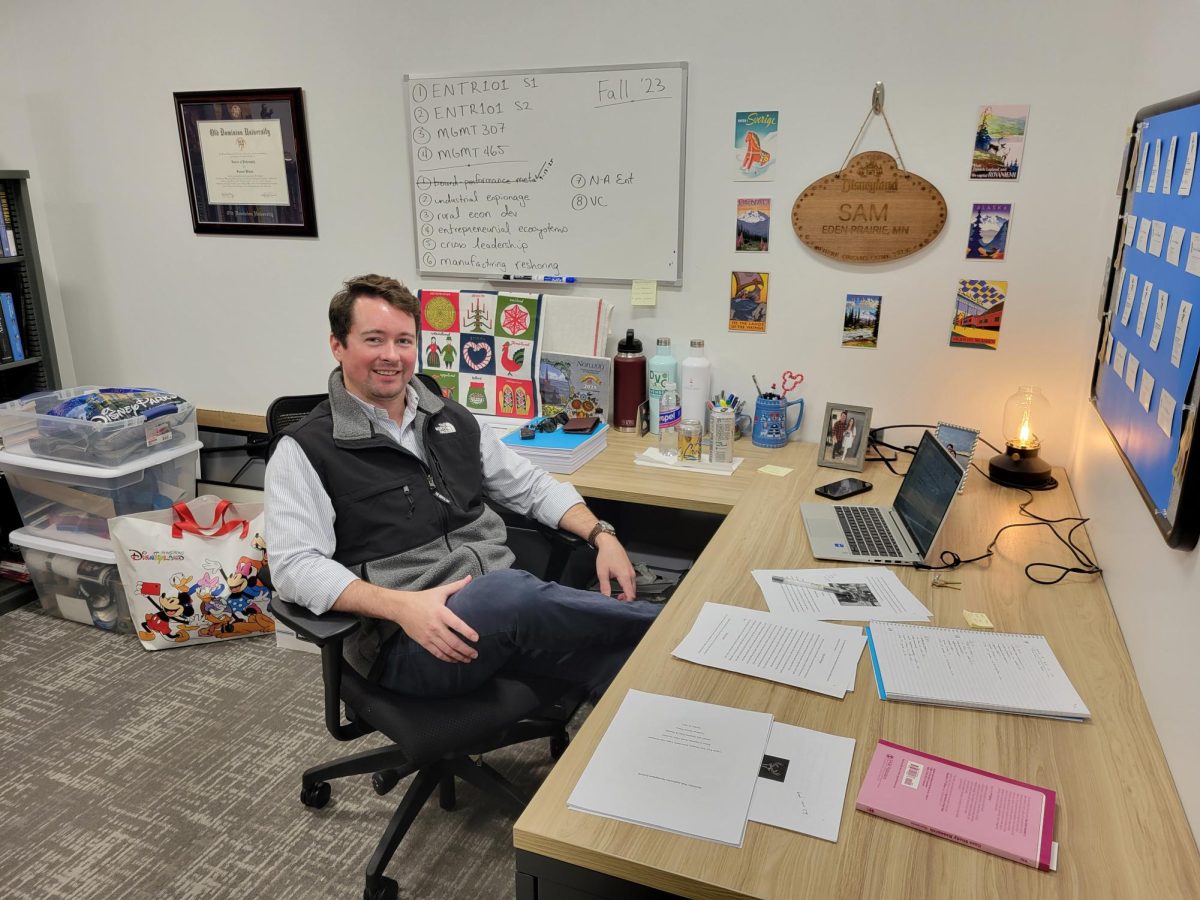The Climate Crisis: Socio-Political Intergenerational Impact
October 3, 2021
It’s 2021, and generations young and old are witnessing the inevitable effects of climate change. Hurricanes, tornadoes, floods, droughts, forest fires, record high and low temperatures are the direct result of the modern climate crisis. This article analyses historical background information on climate change, modern effects of climate change, and the cross generational socio-political divide on the topic of environmental conservation.
Since the 1980s, Earth has experienced drastic increases in global temperatures, largely due to industrialization, deforestation, and greenhouse gas emissions (i.e., the burning of fossil fuels like oil, natural gas, and coal releasing excess amounts of CO2 gas into Earth’s atmosphere). The year 1988 marked the hottest summer on record globally, but summers have continued to top record high temperatures since. As the United States experienced widespread drought and wildfires, international media coverage on the effects of global warming sparked public interest. Scientists consider this a critical turning point.
In 1989, the Intergovernmental Panel on Climate Change (IPCC) was established under the United Nations to, “Provide policymakers with regular scientific assessments on climate change, its implications and potential future risks, as well as to put forward adaptation and mitigation options.” Since then, politicization over climate change has resulted in setbacks for global warming mitigation attempts.
In 1997, US President Bill Clinton sign the Kyoto Protocol, the first global agreement to reduce greenhouse gas emissions. In 2001, US President George W. Bush refused to implement the Kyoto Protocol, perpetuating in a socio-political divide around the conversation of climate change. The issue of climate change has become more divided as politicians and climate change activists take opposing stands.
In 2018, Greta Thunberg, just 15 years old, protested outside the Swedish parliament with a sign that read “School Strike for Climate”. Thunberg became a Nobel Peace Prize nominee for global environmental activism after inspiring more than 20,000 students internationally to join her in protest.
Meanwhile, US President Donald Trump repeatedly weaponized terms such as “hoax”, “mythical”, and “nonexistent” when referencing the issues of climate change and global warming, making a mockery of a persisting global crisis.
In 2017, during the Trump Administration, the US formally withdraws from the Paris Agreement, an international “climate change initiative designed to limit global warming and avoid its potentially catastrophic impacts.”
The sense of urgency around climate change does differ cross generations in the US.
“Younger Americans – Millennials and adults in Generation Z – stand out in a new Pew Research Center survey particularly for their high levels of engagement with the issue of climate change. Compared with older adults, Generation Z and Millennials are talking more about the need for action on climate change; among social media users, they are seeing more climate change content online; and they are doing more to get involved with the issue through activities such as volunteering and attending rallies and protests.” – Pew Research Center.
Democrats in the US are more likely to vote in favor of climate change policy reform.
“Since 2016, the last time Pew Research Center asked, Democrats have become more likely to rate climate scientists positively in their understanding of whether climate change is occurring and why, while Republicans have become less likely to give these scientists positive marks on these questions. For example, 57% of Democrats now say climate scientists understand “very well” whether climate change is occurring, compared with just 14% of Republicans. That 43-point gap is up from a 25-point difference in 2016.”
A New York Times article published August 2021 suggests Republicans have slightly changed perspective on the issue of climate change but are unwilling to work towards eliminating the use of fossil fuels that contribute to greenhouse gas emissions.
“After a decade of disputing the existence of climate change, many leading Republicans are shifting their posture amid deadly heat waves, devastating drought and ferocious wildfires that have bludgeoned their districts and unnerved their constituents back home… But their growing acceptance of the reality of climate change has not translated into support for the one strategy that scientists said in a major United Nations report this week is imperative to avert an even more harrowing future: stop burning fossil fuels.”
We are running out of time.
Past generations, born before Millennials and adults in Generation Z, have failed to take effective action in mitigating global warming in spite of scientific research and climate change advocacy. Climate change should not be a political conversation. Life as we know it now cannot continue without destroying our only home, Earth.
We must act now.
In order to preserve our planet, we must take effective action now. We cannot undo the damage we have done, but we can take action to change our future. We cannot reverse the effects of climate change and global warming without bipartisan agreement on climate change policy reform.
We are living in a Climate Crisis.
Just this past week, The Washington Post published an article stating,
“The U.N. synthesis released on Friday, (September 17, 2021) based on the national plans, concluded that “unless actions are taken immediately,” the projected emissions “may lead to a temperature rise of about 2.7C by the end of the century… The planet has already warmed by over 1 degree Celsius since the dawn of the industrial revolution.”
As the US is plagued with various extreme natural disasters, U.S. racial minorities and low-income communities will continue to suffer the hardest from the effects of global warming.
“If the planet warms 2 degrees Celsius, new report warns, Black people are 40 percent more likely than other groups to live in places where extreme temperatures will cause more deaths.”
There is hope.
With The Paris Agreement, a legally binding international treaty on climate change, I believe there is hope. On January 20, US President Biden’s first day in office, the United States officially rejoined the Paris Agreement, after the US withdrawal under the Trump Administration.
“The Paris Agreement is an unprecedented framework for global action… Its purpose is both simple and expansive: to help us all avoid catastrophic planetary warming and to build resilience around the world to the impacts from climate change we already see.”









Dennis • Oct 4, 2021 at 8:57 am
“Since the 1980s, Earth has experienced drastic increases in global temperatures,”
Drastic? Really? less than a degree C is drastic? In 1981, NASA’s James Hansen, the initiator of the CO2 scare in the 80’s, put out a paper showing a lack of correlation between CO2 and temperature:
https://climate-dynamics.org/wp-content/uploads/2016/06/hansen81a.pdf
“The most sophisticated models suggest a mean warming of 2° to 3 .5°C for doubling of the C02 concentration from 300 to 600 ppm . The major difficulty in accepting the theory has been the absence of observed warming coincident with the historic C02 increase. In fact, the temperature in the Northern Hemisphere decreased by about 0.5°C between 1940 and 1970, a time of rapid C02 build up.”
You say “The year 1988 marked the hottest summer on record globally, but summers have continued to top record high temperatures since.”
Since the El Nino year of 2016, temperatures are falling. There really, seriously, no climate crisis, other than in the IPCC computer models.